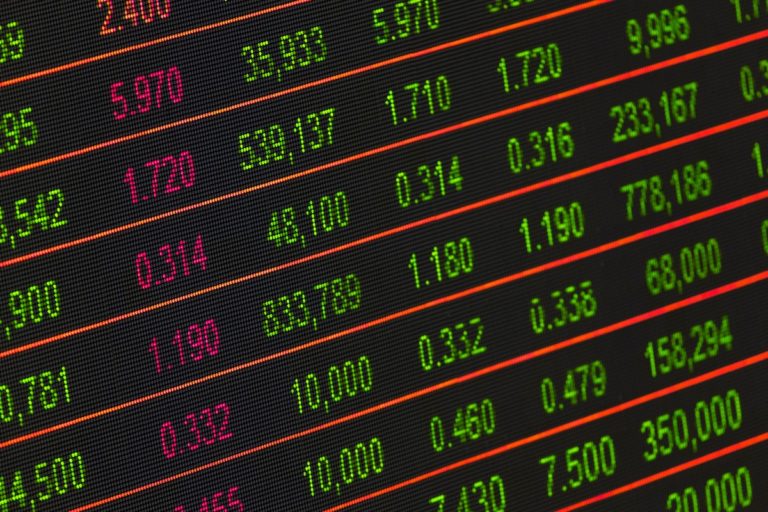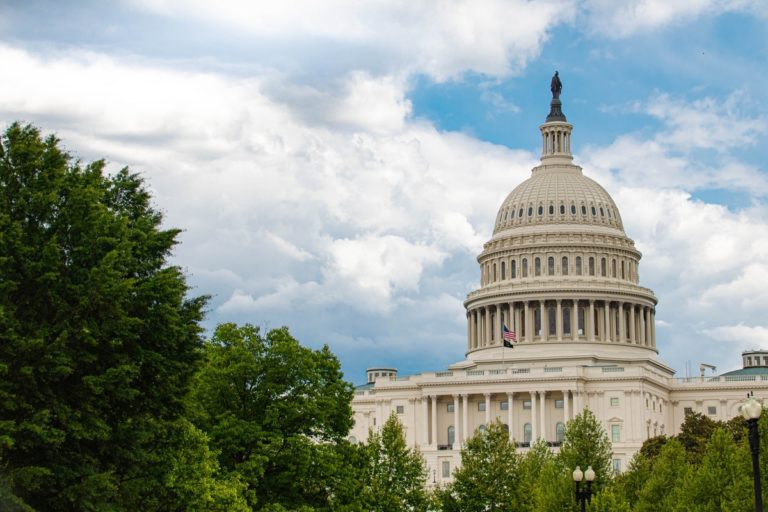As always, we encourage you to talk with your investment advisor if you have questions about your financial goals, how our wealth strategies may help shape those goals, or if your tolerance for risk for has changed. There is a lot of data and news for the Arbor Team to digest of late. Some items of note include:
- Inflation is currently running at an annualized rate of 7-7.5% per year.
- The U.S. Federal Reserve plans to raise interest rates and shrink its balance sheet.
- The 10-year Treasury yield is around 1.91%, recently moving towards the 2.0%-4.0% range for the nearly 15 years preceding Covid.
- Interest rates were 4.0%-5.0% circa early 2000 for additional reference.
- The S&P 500 is valued at 18.5 times next twelve months’ earnings and over the last 15 years has averaged 15.5 times. The S&P is trading at valuations higher than in recent history.
- The Nasdaq is valued at 24.7 times next twelve months’ earnings and over the last 15 years has averaged 18.9 times. The Nasdaq is also trading at valuations higher than in recent history.
- Leverage used by investment funds and individuals for investments has increased and can add volatility to markets
- Supply chain issues related to covid, port capacity, and trucker shortages continue.
- Russia’s invasion of Ukraine is a tragedy, and the situation with China and Taiwan also looms large.
As a fiduciary, Arbor needs to make sure your money provides for the things you need over the course of your life. Sometimes that means we choose to own less of the “fad” investments which are trendy and expensive, and more of the boring “let you sleep at night” investments. That does not mean we avoid risky investments. We simply make sure we understand the risks and rewards and calibrate the allocation to portfolios accordingly.
We would like to highlight some of the changes we have made in recent months as it relates to our strategies considering all the data and news out there currently.
Arbor Capital Management: Wealth Strategies
-
Fixed Income Market
In 2022 thus far, bonds have been far less volatile than stocks which is why we remain committed to them.
Yields have improved and our two actively managed bond strategies have performed well relative to their underlying indexes net of fees. In 2021, we intentionally repositioned these strategies to be more sensitive to the potential for rising interest rates. The consensus view is that the Federal Reserve will raise short-term rates anywhere from 2-5 times this year with an assumption that those rate hikes will have a predictable impact on the bond market as a whole. We remain agnostic towards predicting both the number, magnitude, and impact on the overall bond market but will remain nimble based on whatever happens with rates increasing.
Within our more passive bond strategies, we ignore short-term price movement as we hold these investments to maturity and then reinvest at the, as of now, new higher rates. We are currently favoring taxable bonds over tax-free bonds. We note rates in the tax-free municipal bond space have begun to show life and we are purchasing them again for clients for the first time since early 2020.
-
Equities
During 2021 in the Value Strategy, we sold Verizon and AT&T as our thesis on 5G benefits did not come to fruition, as well as sold Unilever for poor management execution. We added more commodity exposure with Southern Copper and EOG Resources. We also added Dow Chemical for industrial exposure. The value book remains skewed towards consumer staples, financials, energy, and industrials. Most of these stocks are cheap and pay generous dividends as they throw off tons of cash.
Early in 2022 within the Growth Strategy, we trimmed some positions in well-run companies such as Costco, Apple, Estee Lauder, and MSCI. Many of these stocks are expensive. We did not want to sell stocks in any company outright. However, in a rising interest rate environment, we thought it was prudent to trim positions, take some risk off the table, and hold cash to deploy at a later date. For 2022, we are also excited about some speculative names in the growth book purchased in both 2020 and 2021, which if catalysts play out could be great long-term growth investments for Arbor clients.
-
Real Estate Investment Trusts (REITs)
Our REIT portfolio had a strong 2021 across areas like data centers, cell towers, apartments, industrial, warehousing, and self-storage. Like equities in early 2022, there is a significant reversal in valuations. Growth/tech related sectors like data centers and cell towers have sold off the most. In contrast, the health care sector has seen less impact. An exception is senior assisted living REITs which had sharp declines in early 2020 due to Covid and in certain cases have struggled to regain traction. We may do a selective replacement of 1 or 2 REITs in 2022 but do not expect material changes to the strategy.
REIT performance is not immune from rising interest rates. Much of the recent selling can be attributed to this in early 2022. We note REIT dividend growth has outpaced inflation (CPI) in 18 of the past 20 years. Many of the REITS we own expect significant rent increases as leases renew. In addition, some REITs we own have rent escalators built into their lease agreements which allow them to increase rents based on current CPI. We continue to believe this strategy is an important diversifier for both clients who seek income, as well as those looking for growth of the base investment.
-
Alternative Asset Class
In early 2022, we expanded this strategy from 5 to 7 investments, eliminating Infinity Q due to liquidation and adding a merger arbitrage fund, a gold ETF, and a commodity fund to broaden out our group of investments uncorrelated to the markets. There is now less concentration in one fund, and greater exposure to commodities given the recent macro conditions. A lack of correlation to the equity markets is important in this strategy. If you have questions related to an investment in the Infinity Q Fund which was liquidated in 2021, please contact us.
-
Arbor Digital: Decentralized Blockchains
Think of this area as a venture capital-like fund in emerging technologies related to decentralized blockchains. Bitcoin is a fraction of the total investment in this fund. The strategy was rebalanced in February 2022 to add new investments. The team continues to broaden its asset class exposure to:
- store of value (i.e. bitcoin as digital gold)
- decentralized finance (i.e. banking, trading, lending)
- applications and utility tokens (i.e. business and consumer services)
- platforms and scaling solutions (i.e. the rails that move product and services)
Price volatility can be extreme with some assets down 70% from their all-time highs in November 2021. As with any business investment, the question is how are the underlying fundamentals of the business? Overall, these businesses continue to grow with many having great long-term potential as the next generation of technology evolves. Given this, we encourage anyone who had plans to add to their position to achieve their 1-5% allocation targets, now is the time to engage your advisor to see if this makes sense for you. You can read our in-depth short-term analysis of crypto markets here.
Stay Informed with Up-to-Date Wealth Strategies
Thank you for reading our letter and for your continued trust. We encourage you to speak with your advisor whenever the need arises. We remain steadfast in our commitment to keeping you and your family informed and look forward to seeing you at your next scheduled meeting.











